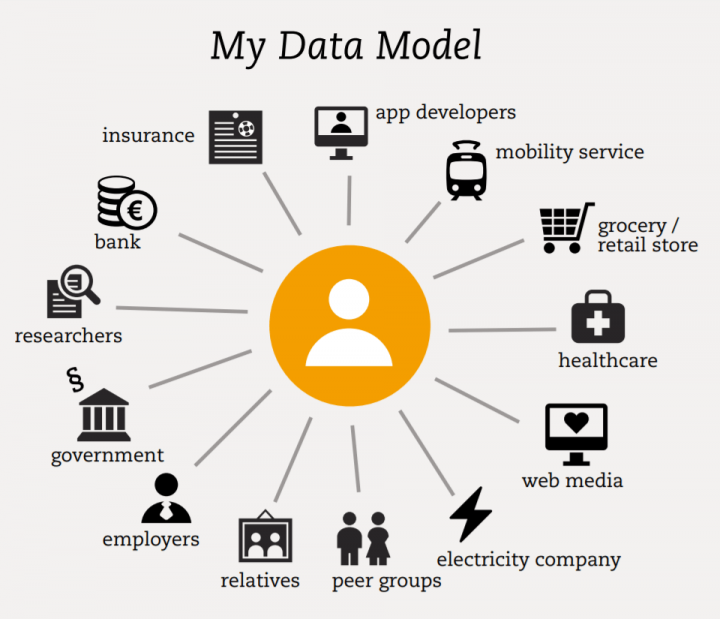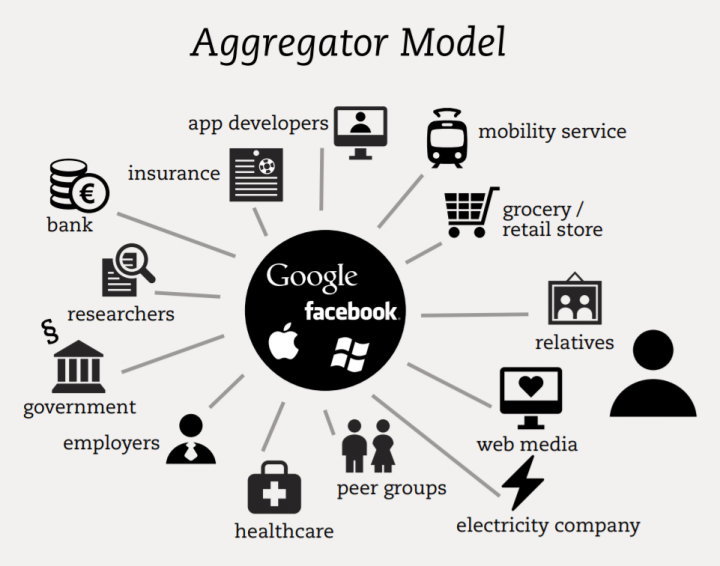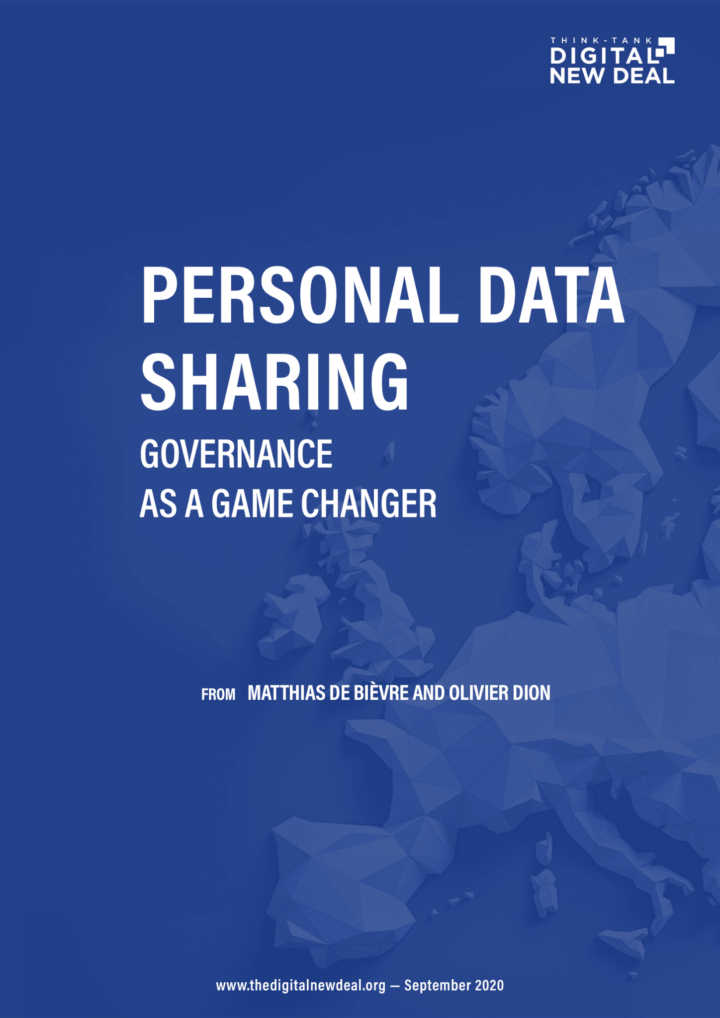In February 2020, the European Commission unveiled its data strategy, culminating in the creation of an infrastructure for the free flow of personal data under the control of individuals. This publication is an invitation to collaboratively consider the creation of common technical standards for this infrastructure, so that every stakeholders of the economy may benefit and prosper.
ANALYSIS
Big tech companies were the first to get involved and interested in the potential of data portability via a vast network of access to personal data. In June 2018, Google, Facebook, Microsoft, Apple and Twitter launched the Data Transfer Project (DTP) to define their own technology standard for cross-platform data portability. They aim to shape the way personal data flows between all types of services, platforms or not.
STAKES
Big Tech gives its own technological interpretation of the GDPR: this model is not human-centric as platforms define the sharing rules themselves. For example, citizens/users will not have an independent dashboard from the online services processing their data to manage their consents; data flow control will be done from Google and Facebook, to mention just a few.
A PLATFORM-CENTRIC MODEL OR A HUMAN-CENTRIC ONE? [1]
PROPOSAL
Solicitous about the humanistic character of this new infrastructure, we propose a principle of governance that has been tried-and-tested: the principle of separation of powers. Each individual must have the opportunity to represent their wishes and interests independently with regard to the use of their data. Therefore, individuals cannot depend on a particular service for the management of their data; this would be tantamount to encouraging a platform-centric data economy.
We wish to harmonize, support and legitimize the creation of standards (legal, technical, economic, design) for this new infrastructure for the free flow of personal data centered on the individual. Currently, in order to define them as close as possible to the uses, we conduct data flow projects in various sectors such as mobility or employment. The main issue is not technical but rather political: the very first challenge to take up is that of governance.
[1] MyData – A Nordic Model for human-centered personal data management and processing, by Antti Poikola, Kai Kuikkaniemi, Harri Honko



